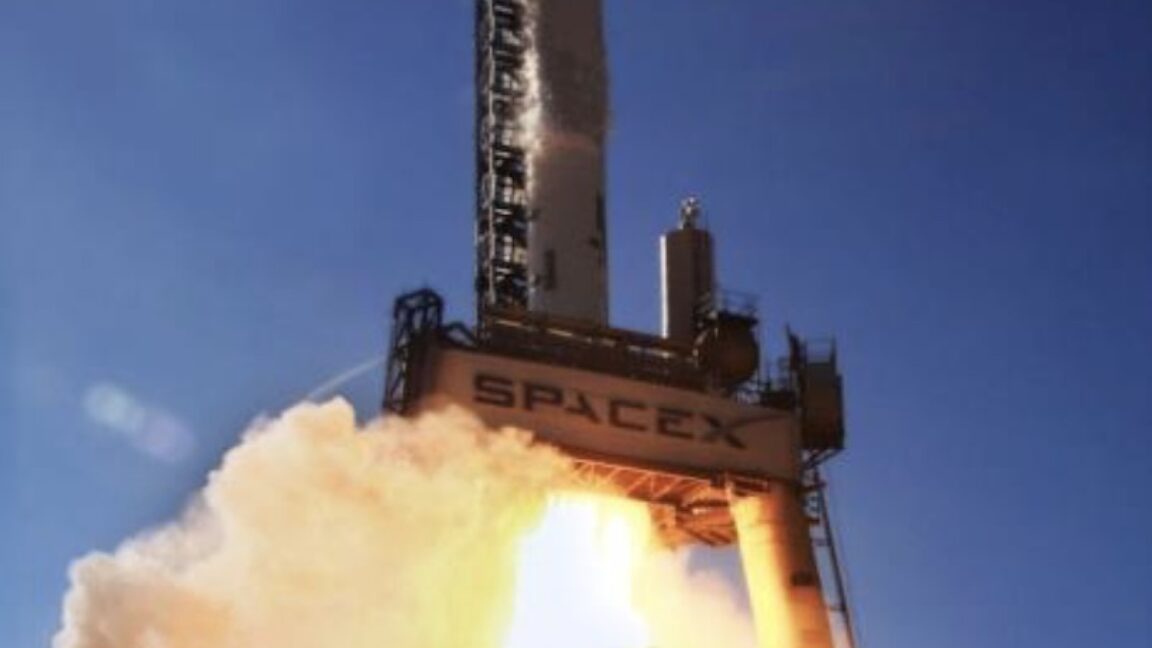Rocket Report: Australia says yes to the launch; Russia delivers for Iran

North Korea tests new missile. North Korea apparently completed a successful test of its most powerful intercontinental ballistic missile on October 31, lofting it nearly 4,800 miles (7,700 kilometers) into space before the projectile fell back to Earth, Ars reports. This solid-fueled, multi-stage missile, named the Hwasong-19, is a new tool in North Korea’s increasingly sophisticated arsenal of weapons. It has enough range—perhaps as much as 9,320 miles (15,000 kilometers), according to Japan’s government—to strike targets anywhere in the United States. It also happens to be one of the largest ICBMs in the world, rivaling the missiles fielded by the world’s more established nuclear powers.
Quid pro quo? … The Hwasong-19 missile test comes as North Korea deploys some 10,000 troops inside Russia to support the country’s war against Ukraine. The budding partnership between Russia and North Korea has evolved for several years. Russian President Vladimir Putin has met with North Korean leader Kim Jong Un on multiple occasions, most recently in Pyongyang in June. This has fueled speculation about what Russia is offering North Korea in exchange for the troops deployed on Russian soil. US and South Korean officials have some thoughts. They said North Korea is likely to ask for technology transfers in diverse areas related to tactical nuclear weapons, ICBMs, and reconnaissance satellites.
Virgin Galactic is on the hunt for cash. Virgin Galactic is proposing to raise $300 million in additional capital to accelerate production of suborbital spaceplanes and a mothership aircraft the company says can fuel its long-term growth, Space News reports. The company, founded by billionaire Richard Branson, suspended operations of its VSS Unity suborbital spaceplane earlier this year. VSS Unity hit a monthly flight cadence carrying small groups of space tourists and researchers to the edge of space, but it just wasn’t profitable. Now, Virgin Galactic is developing larger Delta-class spaceplanes it says will be easier and cheaper to turn around between flights.
All-in with Delta … Michael Colglazier, Virgin Galactic’s CEO, announced the company’s appetite for fundraising in a quarterly earnings call with investment analysts Wednesday. He said manufacturing of components for Virgin Galactic’s first two Delta-class ships, which the company says it can fund with existing cash, is proceeding on schedule at a factory in Arizona. Virgin Galactic previously said it would use revenue from paying passengers on its first two Delta-class ships to pay for development of future vehicles. Instead, Virgin Galactic now says it wants to raise money to speed up work on the third and fourth Delta-class vehicles, along with a second airplane mothership to carry the spaceplanes aloft before they release and fire into space. (submitted by Ken the Bin and EllPeaTea)
https://arstechnica.com/space/2024/11/rocket-report-australia-says-yes-to-the-launch-russia-delivers-for-iran/